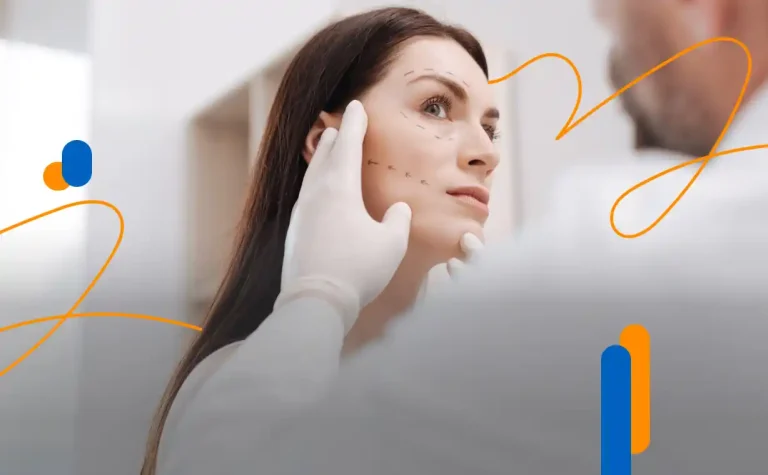Informed consent is a medical procedure that guarantees respect for patient autonomy, allowing patients to make decisions about their medical care. It is a legal right of the patient and an obligation for healthcare professionals (doctors, nurses, anesthesiologists, etc.).
When is informed consent necessary?
For simple procedures, such as physical examination of the patient, consent can be implied and tacit. However, in invasive or significant risk procedures, as well as those involving the use of alternatives, it is mandatory that it be signed in writing. This document is an obligation for healthcare services and a legal right of the patient, with which he/she understands the risks and options before making a decision.
Regulation of informed consent in Spain
In Spain, informed consent is regulated by Law 41/2002 and Law 14/2007 on Biomedical Research, which make it mandatory in various healthcare areas and processes. Given the high volume of this type of documents generated daily, managing these documents digitally is key to implement paperless solutions in the healthcare sector, whether in hospitals, health centers or clinics.
Tools for the digital signature of informed consent
The digitized signature can be done using devices such as Wacom tablets or tablets, which capture and store a point cloud associated with the patient’s signature. For this process, an ideal solution is Viafirma, which offers a secure and efficient tool for the electronic signature of the informed consent.
How many signatures do you need?
An informed consent requires the signature of at least two people:
- The patient;
- The healthcare professional
Healthcare professionals can easily sign with a digital certificate. However, for patients, who may not have a certificate, a digitized signature is used, which biometrically captures the patient’s handwritten signature and inserts it into the electronic document, storing legal evidence that guarantees the legal validity of the document.



